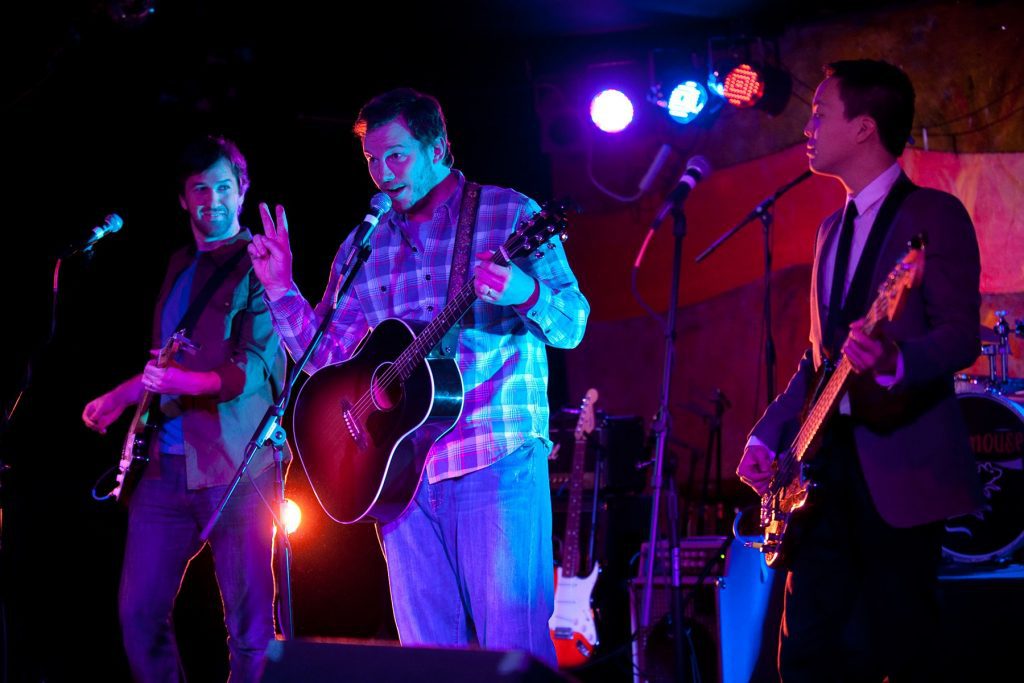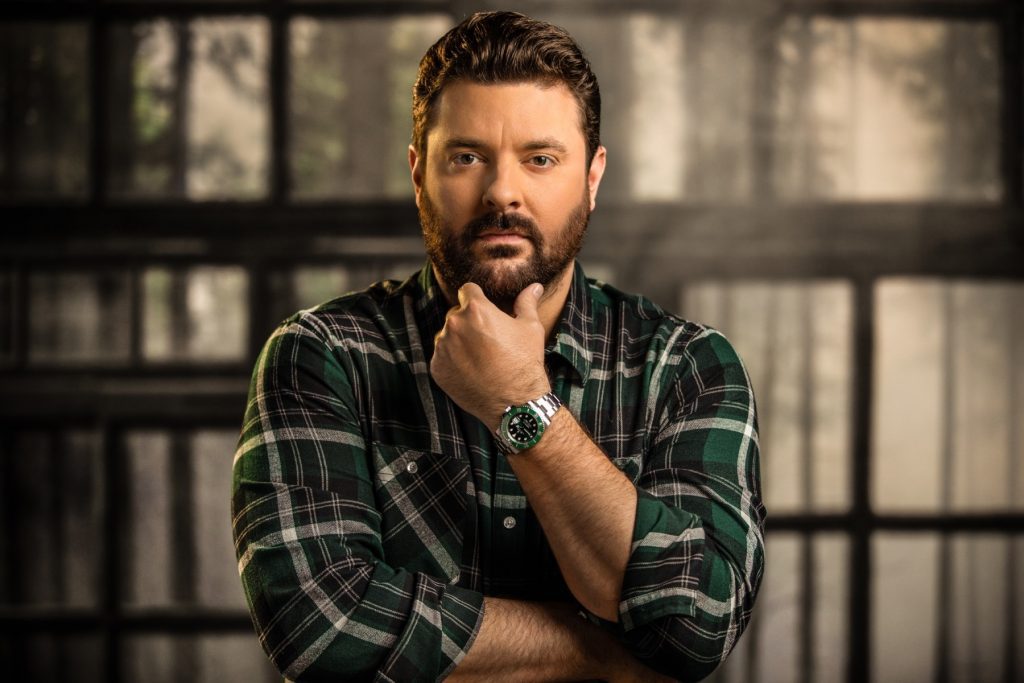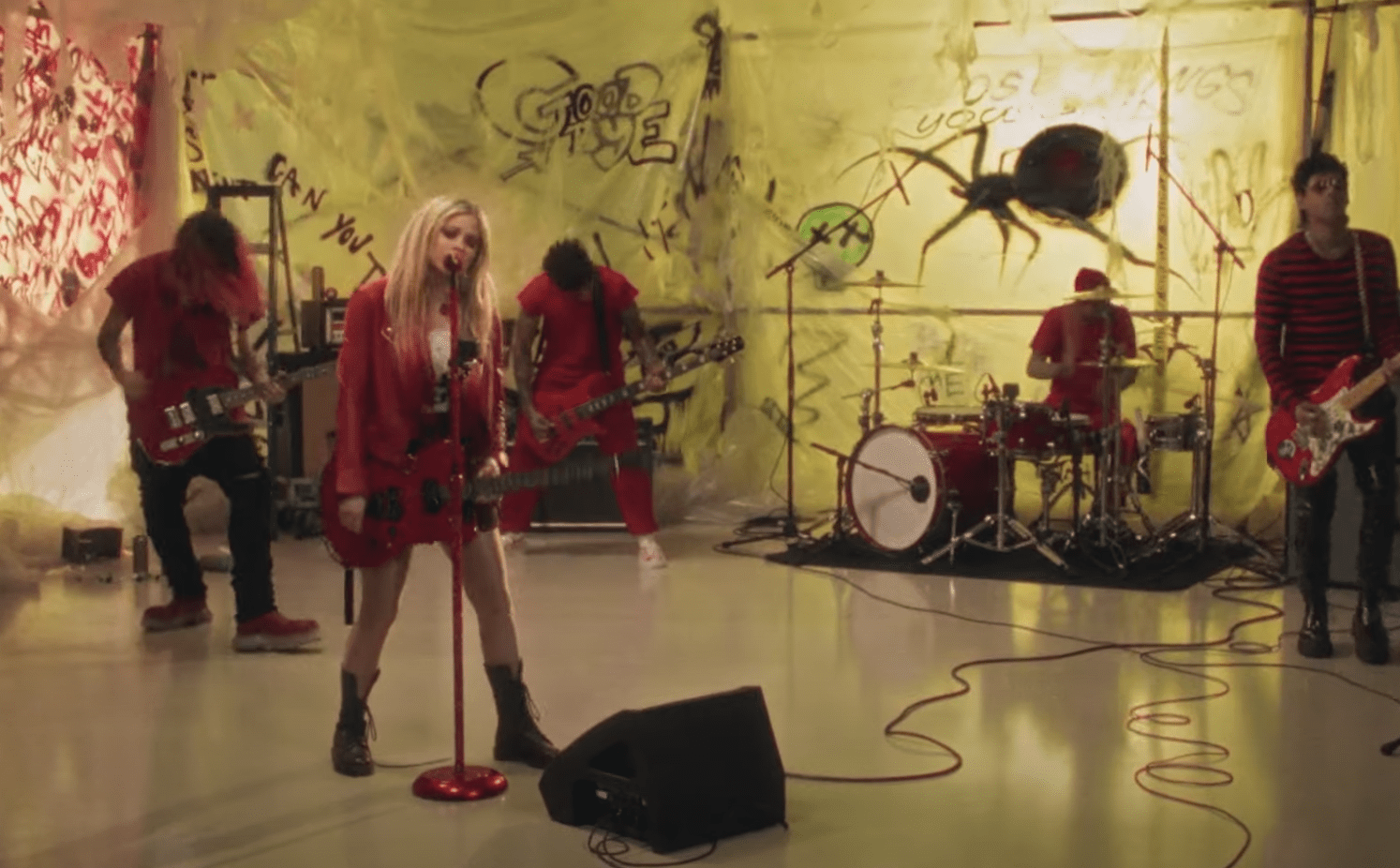
Dan Auerbach on the Black Keys’ New Album, Missing John Prine and His Band’s 20th Anniversary
Dan Auerbach was in his Easy Eye Sound studio in Nashville producing an album for the soul singer Robert Finley when he had the urge to call his drummer in the Black Keys, Patrick Carney. Guitarist Kenny Brown and bassist Eric Deaton, who played with bluesmen R.L. Burnside and Junior Kimbrough, respectively, were together in the same room at Easy Eye and Auerbach couldn’t resist the chance to jam on the vintage blues songs that shaped the Black Keys with the very men who played them. “It was just too much. I had to call Pat and invite him over,” says Auerbach. The unexpected result is Delta Kream, the Black Keys’ 10th studio album. “I wasn’t thinking about making a record… We just wanted to play some of these songs that we loved. That’s what this record is. It took us a day to do it. Most of the thing is first or second takes.”
[Find ‘Delta Kream’ on Vinyl]
Delta Kream celebrates the Hill Country blues of northern Mississippi, particularly the songs of R.L. Burnside and Junior Kimbrough. Why do those two players deserve a closer look?
They were so pivotal in our careers, Pat and I. It’s what brought us together. It was the concentric circle, where on the outside, he and I liked totally different things, but in the middle it was Junior and R.L. We could drive down the highway all night and listen to them. It was just endless inspiration for us. We loved how raw it was, we loved how simple it was. Sometimes it’s got like the charm of [Sixties female rock band] the Shaggs, sometimes it sounds like the Velvet Underground or the Grateful Dead. And it’s hypnotic.
blogherads.adq.push(function () {
blogherads
.defineSlot( ‘medrec’, ‘gpt-dsk-tab-article-inbody1-uid0’ )
.setTargeting( ‘pos’, [“mid-article”,”mid”,”in-article1″,”mid-article1″] )
.setSubAdUnitPath(“music//article//inbody1”)
.addSize([[300,250],[620,350],[2,2],[3,3],[2,4],[4,2]])
;
});
The sessions happened a few weeks after the Black Keys’ Let’s Rock Tour ended. Were you and Pat musically in lockstep after being on the road for a year?
Yeah, man. I feel like we’ve been on a pretty good wavelength recently. We didn’t talk about making this record. Absolutely zero conversation. And then Pat walked in the room and we just banged it out. We’ve always had this connection. It’s part of who we are.
You never got the chance to see Kimbrough play live, but you did make a pilgrimage to his juke joint in Chulahoma, Mississippi. How old were you?
I was like 18. I went with my dad down there. That’s when his son Kenny told us that [Junior had] been sick and he had like a leg amputated a couple of months earlier. We had no idea. But [Kenny] said, “My brother is in jail right now. If you loan us money for the bond to get him out, we’ll pay you back. And he plays all Dad’s songs.” And it was David Kimbrough. So I heard all of Junior’s songs and it was really amazing.
Did you put up the money for his bail?
Yeah, it was like $24. They paid us back at the end of the night.
You sing in a really high falsetto in “Going Down South.” Where does that come from?
Falsetto has always been a natural thing for me to do. I like singing falsetto. I loved high harmony in bluegrass, which is what I grew up listening to my family play. I love soul music when they’d do the falsetto; Smokey Robinson is probably my favorite Motown artist. I think the first time I tried to do it on record was on Brothers with “Everlasting Light.” It was just so simple and fun. I’ve been doing it ever since.
Why did you revisit “Do the Romp” on Delta Kream, which the Black Keys first recorded as “Do the Rump” on 2002’s The Big Come Up?
Because it’s just totally different. Besides the passage of time, which is totally huge, just having all these people in here who are so sympathetic to the sound. And somebody like Kenny, being able to let that guy go just buckwild. His solos are like when a pit bull is jumping and snapping at you. Pat calls them eccentric and I guess I agree.
You’ve become an in-demand producer, but you’ve said some of the artists you work with don’t know who the Black Keys are. How does that anonymity help you in the studio?
I’d rather they know as little about me as possible. I don’t even want them thinking about me. I want them thinking about them. We’re trying to craft someone’s story. It’s their future and it’s their past all rolled into one, and the band that I’m in is irrelevant. I’ll go out there and fucking hit the woodblocks on a song if that’s all it needs, or go pat on the tambourine on the choruses.
blogherads.adq.push(function () {
blogherads
.defineSlot( ‘medrec’, ‘gpt-dsk-tab-article-inbody2-uid1’ )
.setTargeting( ‘pos’, [“mid-article2″,”mid”,”in-article2″,”mid-article”] )
.setSubAdUnitPath(“music//article//inbody2”)
.addSize([[300,250],[300,251],[620,350],[2,4],[4,2],[3,3]])
;
});
Yola and you reunited for her upcoming album Stand for Myself. How do you produce a voice as powerful as hers?
I think you want to surround them with support that is sympathetic to their sound and understands that kind of power. And everyone in the room is like that and they get it. It’s like a magical thing that happens, and for that short amount of time, there’s a real strong bond that’s formed. There’s a lot going on there, but once everybody’s comfortable, it’s like, just let Yola be Yola. Just try to let her shine.
What did you want to do differently from her last album, Walk Through Fire?
We definitely talked about that, and we both said we wanted to do more of a tempo record. We wanted to try to get into some dance-y stuff. So my wheels started turning and I basically put together a dream team that understood soul, hard funk, and disco, and surrounded them with enough people that understood some country changes, some gospel changes. I felt like it was the right mixture.
After the Tina Turner documentary, everyone was talking about how she didn’t have her big solo success until she was in her mid-forties. Could that happen today with an artist like Robert Finley, who is 67?
I think if it’s going to happen, he’d be a prime candidate. Because he is a star, and when he walks into a room, all eyes are on Robert. He lights up the world wherever he goes. I saw him get three standing ovations in a row at the Ryman. He told me that when he used to play, people would come up and tell them something about their life and then he’d [improvise] a song for them. He’s trained his brain to be able to work like that because he was just cracking us up while we were recording. It was completely freestyle.
Delta Kream is about preserving sounds of the past. Should we also be concerned about preserving our independent music venues? Many are in danger of closing.
Yeah. But it’s also a hard business. I’ve never really met a club owner who wasn’t struggling in some kind of way. It’s like nose to the grindstone, sunup to sundown and longer. It’s hard living. But those are the places that can change lives. They definitely changed my life, like the Euclid Tavern in Cleveland and the Grog Shop. Those are places where I saw Link Wray and R.L. Burnside. I wouldn’t be talking to you if I hadn’t gone to those places.
How have your thoughts on being a white person playing the blues changed over the years? Is it something you think about more or less, or maybe in a different way than when you were first starting out?
You know, all I could really speak on is my personal experience. And I heard blues music growing up. I knew blues music before I knew Rage Against the Machine, before I heard of anybody really. I was listening to blues and bluegrass, and some of the songs are so similar. I felt a really close connection to it… I got to see R.L. Burnside play in Cleveland and Columbus. I went all over to see him and he was there living, breathing, playing these songs, packing these little rock & roll clubs… We covered Junior Kimbrough on our very first record. Junior Kimbrough and the Beatles were equals, and that’s a perspective that Pat and I come from. But also just being there and hanging out with T-Model [Ford] and playing that music and getting to learn from some of these guys, it made me feel even more connected to it.
blogherads.adq.push(function () {
blogherads
.defineSlot( ‘medrec’, ‘gpt-dsk-tab-inbodyX-uid2’ )
.setTargeting( ‘pos’, [“mid”,”mid-articleX”,”in-articleX”,”mid-article”] )
.setSubAdUnitPath(“music//article//inbodyX”)
.addSize([[300,250],[300,251],[3,3],[620,350]])
.setLazyLoadMultiplier(2)
;
});
Do you hear from fans who say that you and Pat have turned them on to black bluesmen of the past?
All the time. People always tell us that they got into Junior and I love that. They got into T-Model or something like that and had never heard of him [before]. I definitely love that about the platform that we have — being able to share with our fans the music that we love, the music that inspired us.
You filmed the video for “Crawling Kingsnake” at Jimmy Duck Holmes’ juke joint in Bentonia, Mississippi. What is special about that venue?
Well, it’s the oldest running juke joint in America. Jimmy Duck’s parents opened it up, so it just felt like it was an amazing place to kind of tell the story of the music, tell the story of Jimmy Duck, and just give props to a national treasure. He really is the last link to that Bentonia style of blues, which was popularized by Skip James.
It’s been a little over a year since John Prine died. What do you miss most about him?
I miss going out to dinner with him. The last time I saw him was at Dan Tana’s [in L.A.]. We were out there for the Grammys and he called me up and asked me if I wanted to go to dinner, because I had hipped him to an Italian spot in Nashville and it became his favorite restaurant. So he’s like, “When you’re in L.A., I want to show you my go-to.” Writing songs with him was like being part of a seance or something, but when we got to just hang out, that was the most fun. Driving around with him and going to White Castle. He was just living life to its fullest. His driveway was bursting with Cadillacs.
This year marks the 20th anniversary of the Black Keys. Looking back, is there anything you would have done differently?
In my personal life, yes. But every musical decision that we made kind of ended up working out in our favor. We saw a lot of bands just jump from zero to 100 and start headlining festivals and then they’re gone. We’re still here. I think that in our own stupid way we did the right thing.
[Find ‘Delta Kream’ on Vinyl]
blogherads.adq.push(function () {
blogherads
.defineSlot( ‘medrec’, ‘gpt-dsk-tab-inbodyX-uid3’ )
.setTargeting( ‘pos’, [“mid”,”mid-articleX”,”in-articleX”,”mid-article”] )
.setSubAdUnitPath(“music//article//inbodyX”)
.addSize([[300,250],[300,251],[3,3],[620,350]])
.setLazyLoadMultiplier(2)
;
});




